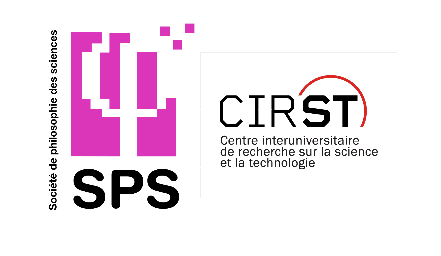L'autorité épistémique sans l'autonomie épistémique: le cas des énoncés d'observation
1 : Institut d'Histoire et de Philosophie des Sciences et des Techniques
(IHPST)
-
Website
Université Panthéon-Sorbonne - Paris I, CNRS : UMR8590, Ecole Normale Supérieure de Paris - ENS Paris
13 Rue du four 75006 PARIS -
France
In this paper, I develop an account of observation that respects the empiricist demand that observation sentences have a particularly high epistemic authority, while acknowledging that their formulation relies on previously held beliefs (or more generally a 'view': beliefs, concepts, theories, etc.) This dependence does not permit to see the epistemic authority of observation sentences as arising from their epistemic autonomy, as has been traditionally done in empiricism. My defense then, is based on a full recognition of the interdependence between observation sentences and a view. This in turn leads to an evolutive model of empirical enquiry, in which the subject's view is under constant change while experiential judgments can vary depending on the views held by different subjects or by the same subject at two different times. Despite this apparently shaky epistemic situation, I show that investigators have the means to stabilize their material, conceptual and doxastic frameworks as they undertake various experiments. I provide several arguments in favor of the possibility to stabilize an investigation inspired by works in history of science, philosophy of experiment and epistemology. I also link observation to stabilization and I show that stabilization is enough to defend the epistemic authority of observation sentences.


